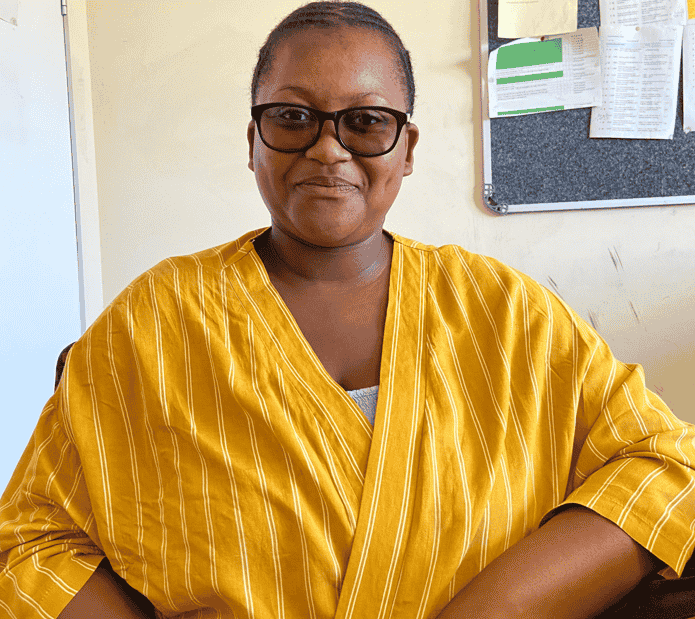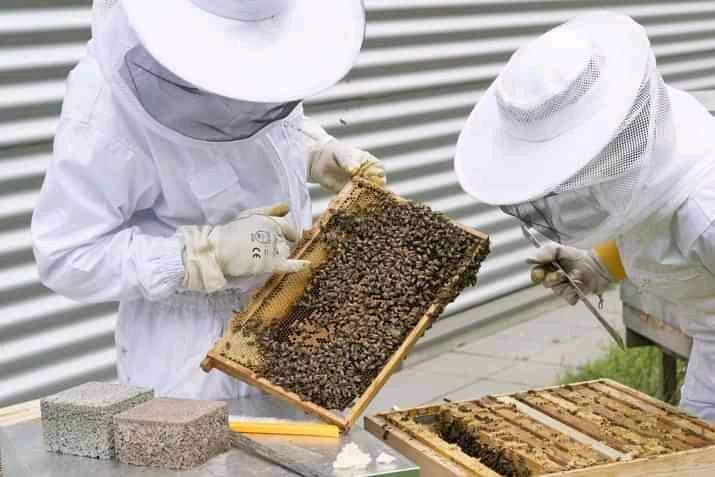‘Manako Lethunya
With increasing awareness around sexual harassment and assault, particularly as cases involving high-profile individuals continue to surface, discussions about consent are more crucial than ever.
Understanding and educating about consent is essential in a world where lack of clarity can lead to devastating consequences.
So, what is consent, and how can our communities work to promote clarity, understanding, and respect?
Consent is a voluntary, informed agreement to engage in a specific activity, requiring positive affirmation from all parties involved.
It goes beyond a simple “Yes, darling” or “No, honey”; it involves a deep understanding and respect for each other’s personal boundaries. True consent is free, voluntary, given willingly, and can be withdrawn at any time.
Lesotho Sexual Violence Act of 2003 defines consent as an important component in the creation of healthy relationships including, but not limited to, intimate and sexual ones.
Despite growing awareness of consent, many young people still struggle to fully understand it. According to a recent survey by the Crown Prosecution Service (CPS) in the UK, 59 percent of respondents aged 18-24 reported uncertainty about the meaning of consent.
This gap highlights the importance of comprehensive sexual education—not just covering the mechanics of sex but emphasizing the nuances of consent.
“More information is the best protection,” asserted an expert, clinical psychologist who has consulted with many sexual assault survivors and victims of poor relationship and whose masters’ speciality is sexual health.
“Young people should be able to speak to each other regarding what they want or do not want frankly.”
One only has to grasp the long-term implications of a society’s failure to provide proper consent education. A local resident, who is a survivor of assault, shared their experience of a house party incident: “I had to say yes to any physical acts with them. I believed that if I do not comply with it I am going to be judged. I didn’t get around to comprehending that I didn’t have the power to consent to what happened at the time.”
In this case, a critical awareness often missed by rape awareness campaigns, which tend to focus heavily on stranger rape, is the pressure to have sex as forced by peers. People need to understand that consent is always required, regardless of the context, the person involved, or any past interactions.
Many activists now argue that schools and universities should develop strong educational programs to teach students about consent as a fundamental aspect of any relationship.
Karabo ea Bophelo Foundation has been very active on this front, organising workshops and providing materials for both learners and teachers. “Consent should not be an add-on but the new norm we are striving for,” an official from the organisation noted. “This starts with teaching communication, understanding, and courtesy from an early age.”
While the debate on matters of consent continues, community members are encouraged to engage in discussions, ask questions, and act as promoters of healthy relationships. Resources like consent workshops, online materials, and support groups can help individuals understand the facts about consent and take responsibility for their own actions.
Sexual consent is critical in any relationship, yet it remains neglected due to myths and cultural beliefs. By emphasising the importance of consent, we can prevent people from moving through life taking advantage of others or being taken advantage of.
This shift will foster respect, a person’s right to say “no,” and the understanding that consent is essential. Looking to the future, it is crucial that we maintain focus on consent education and address misconceptions in society. Only then can we foster a culture of respect, tolerance, and safety for all members of the community.
Summary
- According to a recent survey by the Crown Prosecution Service (CPS) in the UK, 59 percent of respondents aged 18-24 reported uncertainty about the meaning of consent.
- I didn’t get around to comprehending that I didn’t have the power to consent to what happened at the time.
- In this case, a critical awareness often missed by rape awareness campaigns, which tend to focus heavily on stranger rape, is the pressure to have sex as forced by peers.

Your Trusted Source for News and Insights in Lesotho!
At Newsday Media, we are passionate about delivering accurate, timely, and engaging news and multimedia content to our diverse audience. Founded with the vision of revolutionizing the media landscape in Lesotho, we have grown into a leading hybrid media company that blends traditional journalism with innovative digital platforms.







